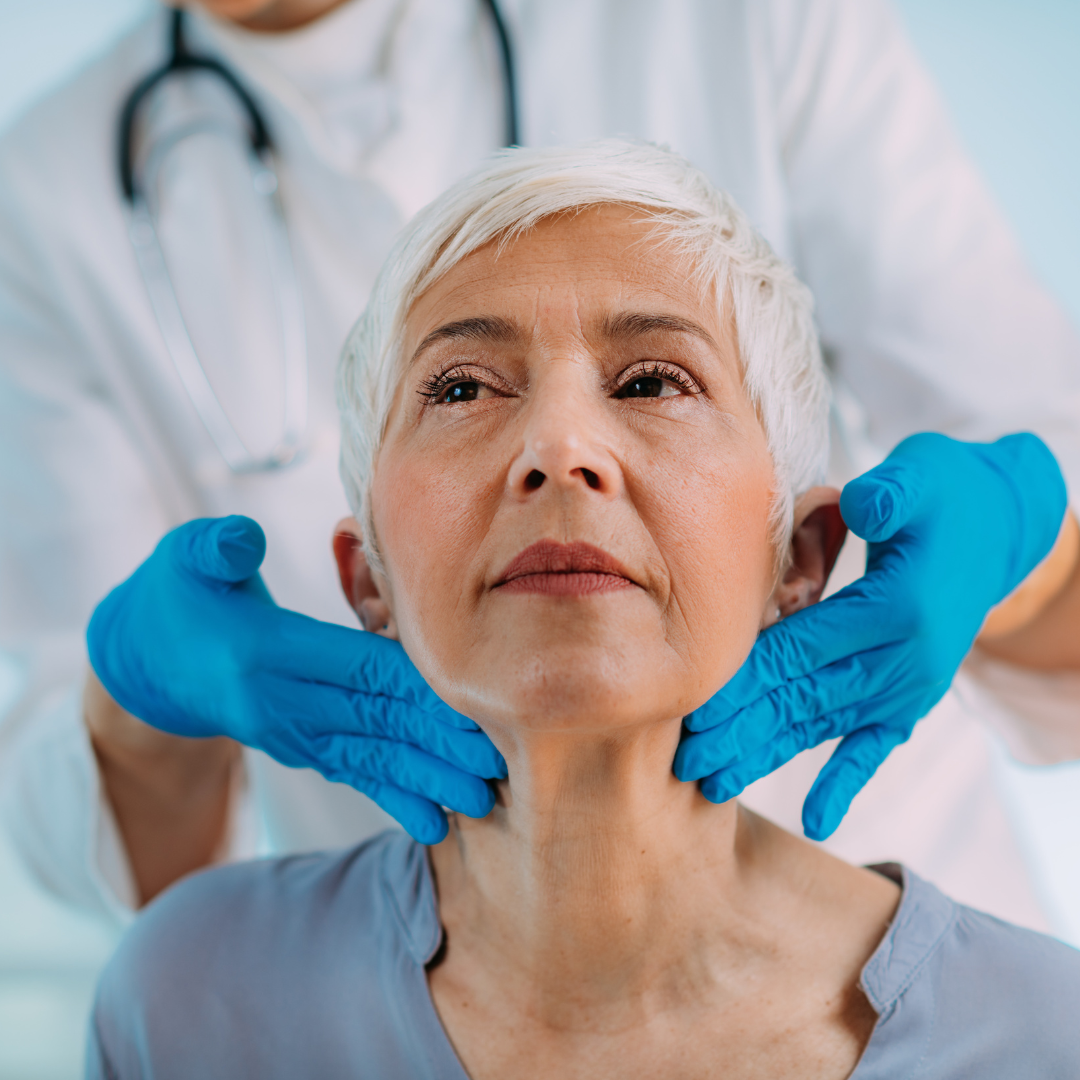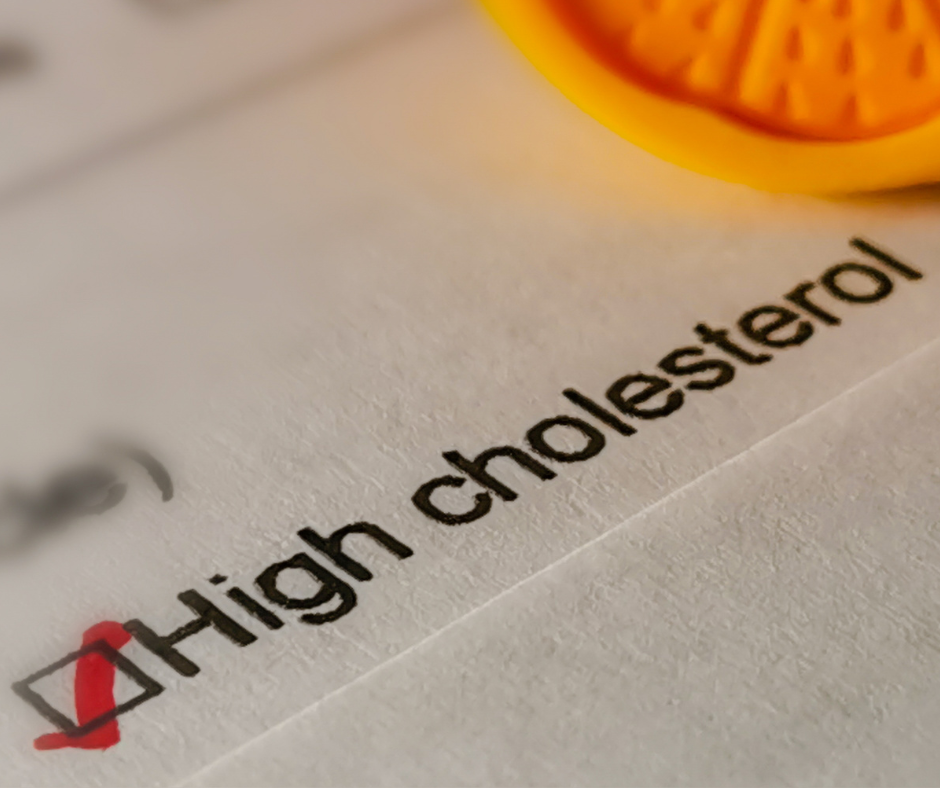The thyroid is a small gland at the front of your neck that produces hormones which help control several different organ systems. If it’s either underactive (hypothyroidism), or overactive (hyperthyroidism), it could cause serious health issues such as weight changes, fatigue, anxiety/depression, or osteoporosis and may require medication to help better regulate it.
New research shows though that some hormone medications used to treat thyroid conditions, if administered in excess, may contribute to cognitive disorders in older adults.
This particular study evaluating more than 65,000 patients appeared recently in the JAMA: Journal of the American Medical Association and showed that those 65 years and older who received thyroid hormone therapy were at an increased risk for developing dementia and other cognitive issues, especially those who were aggressively dosed.
Our endocrinology experts at Texas Diabetes and Endocrinology treat many hormonal issues, including those affecting the thyroid. One of our board-certified endocrinology specialists, Dr. Jean Chen, shared her thoughts on this study for an article in Medscape.
The article stressed the importance of being vigilant when dosing hormone therapy for older adults to avoid the cognitive consequences of overtreatment.
“Taking a cautious approach to prescribing thyroid hormone therapy for older patients is
paramount,” said Dr. Chen. “All medical providers need to be aware that the 65 and older population does not need to be treated as aggressively with their thyroid hormone.”
“We are finding more and more complications from overtreatment rather than benefit in this (senior) population.”
Dr. Chen also explained that symptoms of hyperthyroidism can often mimic those of another condition, so it is important to obtain a thorough diagnosis from a primary care physician before automatically adopting any hormone therapies. Our endocrinologists frequently work in close collaboration with other care providers to arrive at the most accurate diagnosis and treatment plan to suit your personal needs.
Thyroid Specialists in Austin
Our team of endocrinology specialists is experienced at diagnosing and treating all issues affecting the thyroid including hypothyroidism, hyperthyroidism, thyroid nodules, and thyroid cancer. We provide convenient thyroid ultrasound imaging and biopsy procedures on-site in our clinics and will work with you to formulate the most effective treatment plan possible.
Contact Us Today to Learn More about Managing Your Diabetes and Hormones
If you’d like to schedule an appointment with Texas Diabetes and Endocrinology and discover how our comprehensive endocrinology services can help you, please contact us at (512) 458-8400 or request an appointment online.
Don’t forget to follow us on Facebook and Instagram and check back with us each month as we provide you with helpful wellness and health information.





